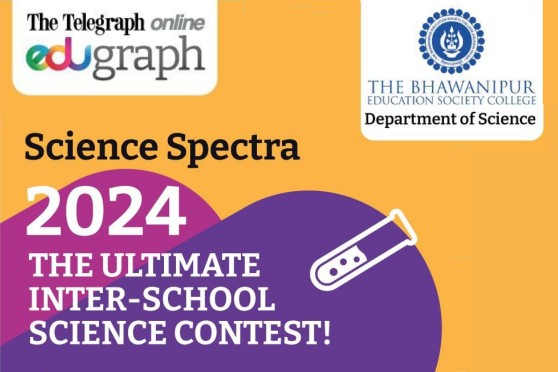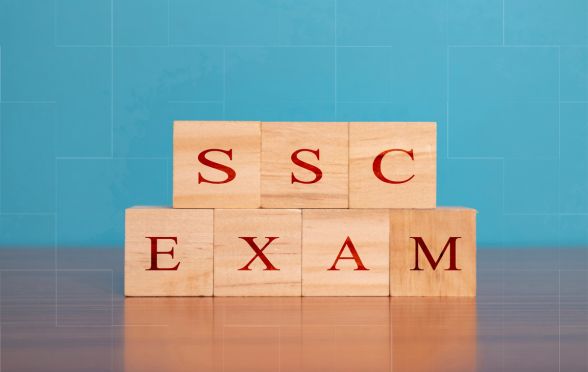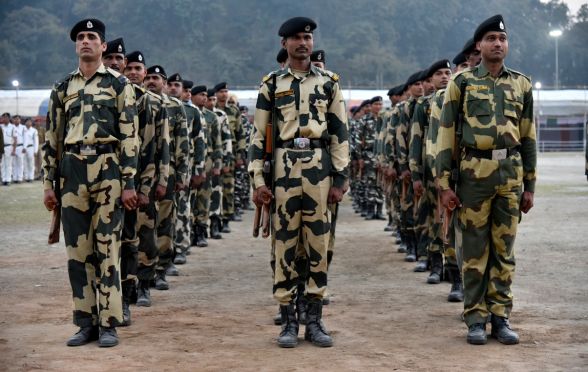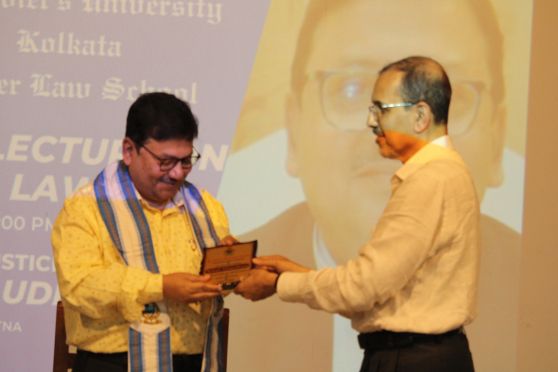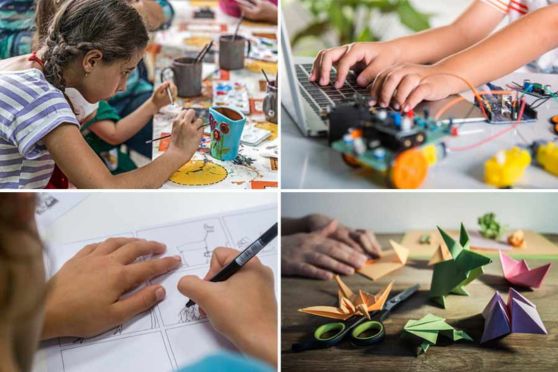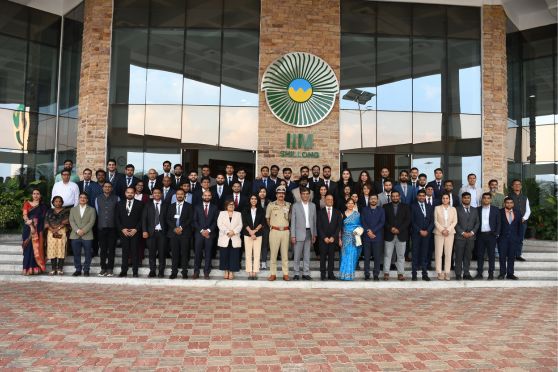Advertisement
Discover
Advertisement
News

Panjab University
Panjab University BA LLB Admit Card 2024 Out Now! Download Instructions Inside
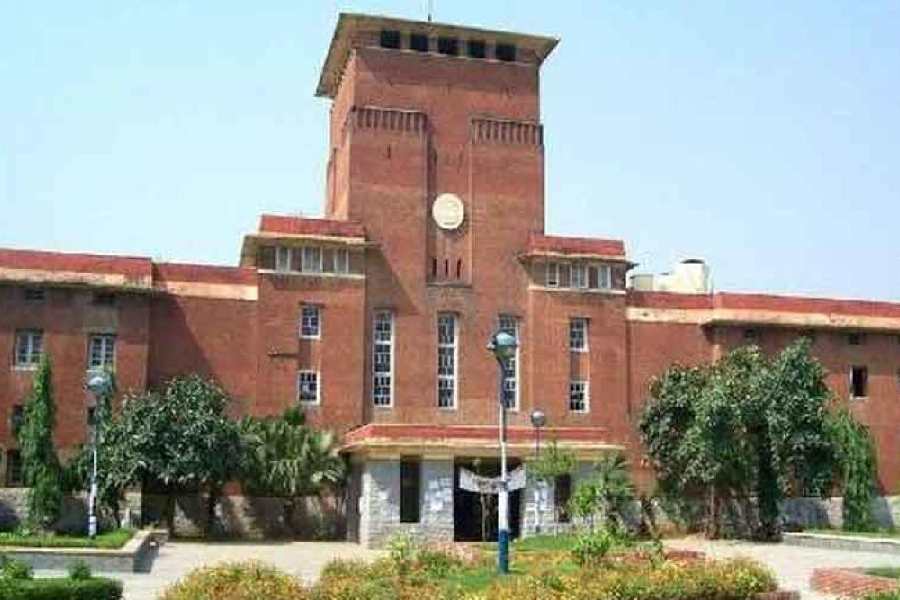
Delhi University (DU)
Apply Now for DU Vice Chancellor Internship Scheme 2024 Deadline Nears; Key Details
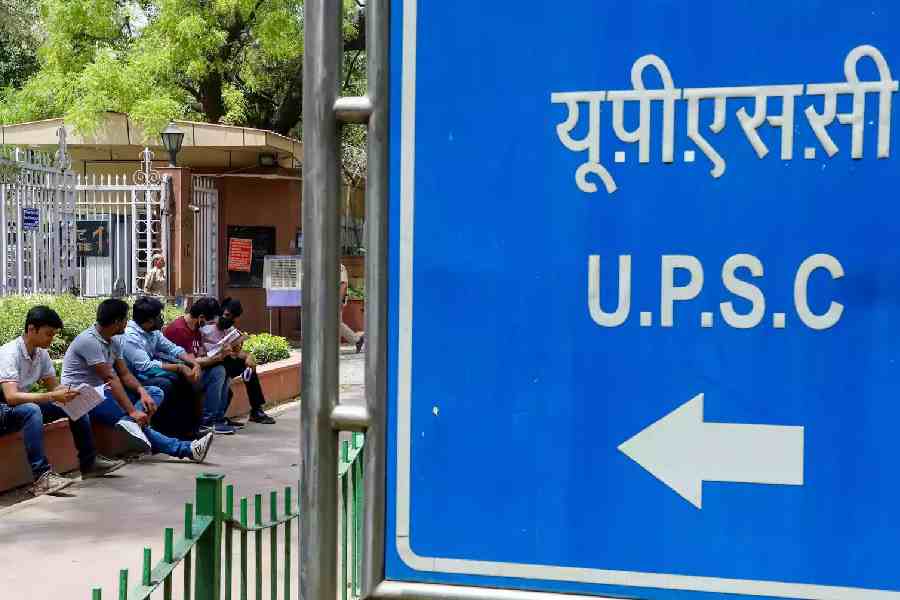
Union Public Service Commission (UPSC)
UPSC CDS II Result 2023 OUT at upsc.gov.in; Get Direct Link to Check Inside

Jharkhand government
JPSC CCE Prelims Result 2023 OUT at jpsc.gov.in; Get Direct Link Here

JIPMER 2024
Last Chance to Register for JIPMER 2024 Post-Doctoral Programmes, Deadline Today

NIMCET 2024
NIMCET 2024 Registration Ends Tomorrow! Know all Major Updates Here
Career
Advertisement

